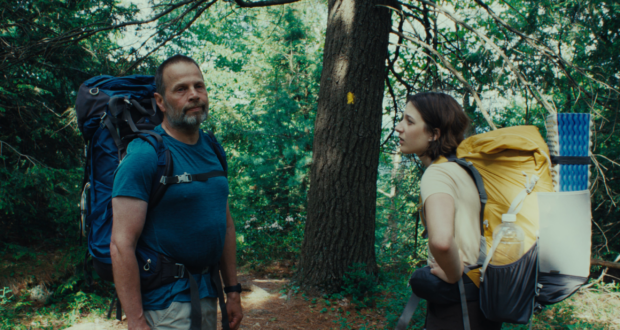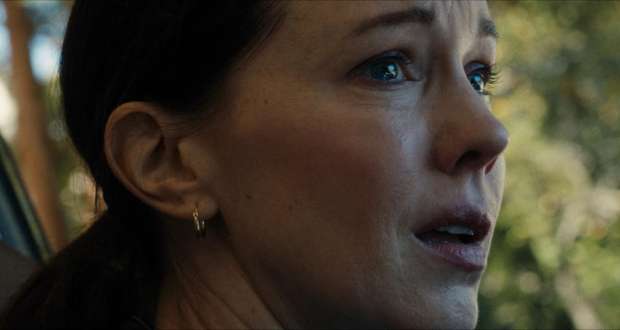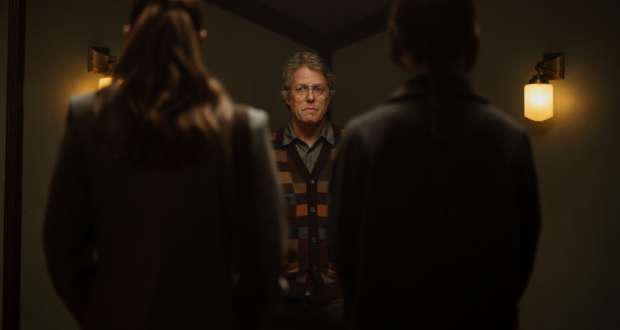Genre: Documentary
Director: Vanessa Gould
Length: 95 minutes
Actors: Bruce Weber, William McDonald, Margalit Fox, Paul Vilella, Douglas Martin, Jeff Roth
Cinematographer: Ben Wolf
Original score: Joel Goodman
Reviewer: Connie Wilson
Once, 30 people helped maintain the basement archives of 10,000 drawers in the basement of the New York Times offices, drawers stuffed with obituary clippings that documented the lives of the rich and famous. Now that staff is down to one. Say the few obituary writers at the New York Times who are left, “You can count on one hand the number of obituary writers left on staff.”
Why have old newspaper clippings in the day of the Internet? “We like to keep the paper copy of the obituary because we don’t know if the online sources are going to work.”
This surprisingly light-hearted, entertaining and engrossing documentary doesn’t just interview writers. There are many film clips of the famous, such as the September 26, 1960 JFK/Nixon debate held in Chicago. The first of four televised debates, it was estimated that 70 million people tuned in; it is still considered the turning point in making the photogenic John Fitzgerald Kennedy a media darling who would go on to win the Presidency, beating Eisenhower’s Vice President, Richard M. Nixon, who showed up looking haggard, sweaty and unshaven. The obituary this day was that of the first television media consultant (William P. Wilson) who insisted on the single support podium and ran 2 blocks to purchase powder puffs and make-up for JFK, while Nixon eschewed any cosmetics and his image suffered afterwards as a result.
Say the few mostly male and mature obituary writer, “You’re always wrestling with a way to fold the facts in, if we can. We don’t want to stop the narration. We’re trying to weave a historical story and entice the reader. It’s a one-time chance and you can’t do it again.”
Bruce Weber, featured prominently in the documentary, gave some of the essentials of a good obituary. First, following the unfortunate announcement that a Russian ballerina had died (when she is still alive and well today), the death must be confirmed by a reputable source—possibly a family member, the police or the hospital. Says Weber, “I had to call all the Wallaces in Champaign-Urbana when (writer) David Foster Wallace died.”
Second: avoid flowery sentimental language. “No Hallmark card language to give the obituary an emotional cast.” Douglas Martin, originally from Clear Lake, Iowa, read aloud from his great grandmother’s obituary that appeared in the Clear Lake Mirror and violated that rule to the max. No euphemisms for dying are to be used, like “shuffled off this mortal coil” or “passed away.”
Third: always give the cause of death. It has long puzzled me why obituaries tip-toe around the cause of death, often not mentioning it at all. Weber confirms that readers want to know what killed the person, especially if the individual was young.
Fourth: get it right! He tells the camera that he regrets a small error in an obituary (of William P. Wilson, 86) that ran that day. He had identified William Wilson’s grandfather as a Democratic Congressman from Illinois; the family has reported that Granddad was Republican. “That was such a small thing. I could have simply left out his political affiliation and it would still have been good. I regret that.”
The length? Depends on the fame of the subject. Obituaries can run 500, 800 or 900 words, but it is the more important celebrity types that garner the greatest space. Also mentioned was the pressure of getting the obituary into print on time if the celebrity—-as with Michael Jackson—dies unexpectedly, has a large body of work, and dies in the afternoon. MJ was declared dead late in the day, around 3 p.m., and that made it difficult to get it written well by 8 p.m. when the paper went to press at 9 p.m. (“We had to really scramble.”) Philip Seymour Hoffman, by contrast, was found dead early on a Sunday morning, which helped the work pace of the writers. However, in this Internet age, “the competitive pressures of journalism have increased exponentially.”
THE GOOD
It’s all good. It was an amazing piece of documentary work. The pacing was great and the quick flashes of celebrities as varied as David Bowie, Amy Winehouse, Carrie Fisher and Prince—flickering by in quick, well-edited cuts—was a good way to spice up an otherwise potentially dry, boring topic.
What sorts of unusual stories have been written by these obituary writers? There was the obit of Svetlana Stalin (daughter of the U.S.S.R.’s Josef Stalin), who defected to the U.S. and died in Topeka, Kansas. The inventors of the Slinky and the television remote were profiled. There was the sole survivor of the landmark court case Brown Vs. the Board of Education decision, an African American woman educator. Jack Albert Kenzler who averted the scrubbing of a space mission with his inventive tinkering and died at age 74, was newsworthy. The pilot of the Enola Gay who dropped the atomic bomb on Hiroshima. Manson Whitlock, who repaired typewriters all his life and died in 2014, among the last of that dying breed.
Margalit Fox noted, “Obituaries are inherently retrospective things. It used to be that the only people allowed to be players on the world stage were overwhelmingly white men, but that is changing.” Each person mentioned earned a film clip or photo of them during life, many of them very amusing and interesting.
THE BAD
Writing obits doesn’t instantly spell excitement or interest, even to those shopping for a documentary rather than a feature film.
And doesn’t writing about death every day become dreary and depressing?
“No,” says Bruce Weber. “We want to know, ‘How did people get to be the way they are? How did the world get to be the way it is?….We’re trying to write an entertaining piece about history for those who may not know that history. Art also makes you a permanent piece of people’s history. A lot of people my age (Weber is 57) begin to think of their mortality. Seeing the full circle, the full arc. Am I accomplishing anything? Did I leave a mark? The appreciation of the universality of dying intrudes. There’s nothing you can do about dying.”
-
Acting - 10/10
10/10
-
Cinematography - 10/10
10/10
-
Plot/Screenplay - 10/10
10/10
-
Setting/Theme - 6/10
6/10
-
Buyability - 8/10
8/10
-
Recyclability - 7/10
7/10

















